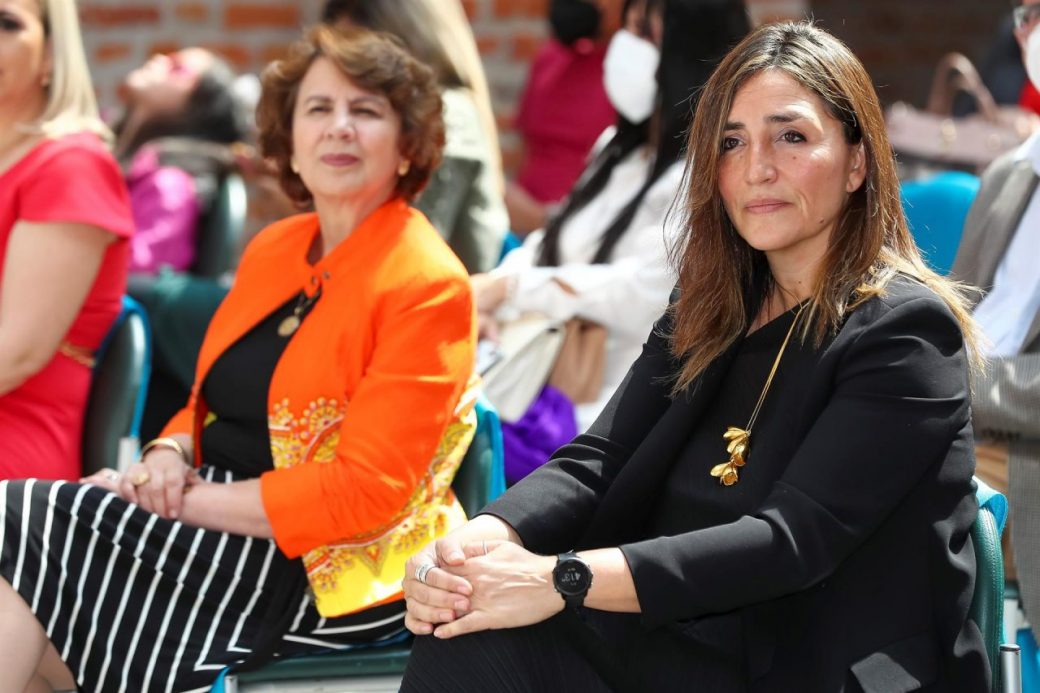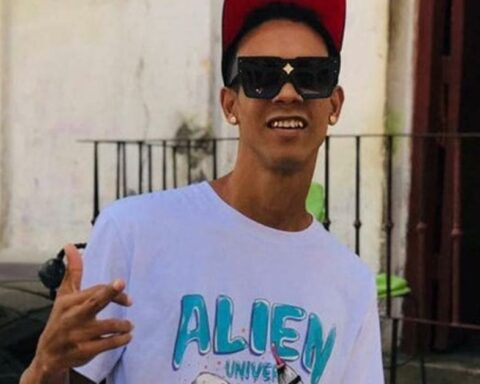The projects, promoted by the Felipe González Foundation, were born from the work guided by the International University of La Rioja and the Cofuturo Foundation.
The Levers programa space for the co-creation of public policies from civil society promoted by the Felipe González Foundation, presented its report for Ecuador on February 22, 2022 with 24 proposals arising from the work directed since 2020 by the International University of La Rioja (UNIR) and the Cofuturo Foundation.
These proposals were reflected in the book ‘Palancas Ecuador, the revolution of small things‘, a platform that seeks to encourage citizens to think of easy-to-implement initiatives that improve problems in their reality and seek consensus to turn them into public policies.
Between the 24 ‘levers’ of this program, which has one of its first experiences in Latin America in Ecuador after making the leap from Spain, there are 17 that have arisen in the country itself, while 4 are global and another 3 come from other countries but are applicable to reality Ecuadorian.
One of those clearly Ecuadorian proposals comes from the president of the Cienpiés Foundation, Diana Armijos, who presents an inclusive education project in which “children, from education realize that a disability does not limit them to get ahead”, as explained by the author of the initiative.
Initiatives already underway
there is already Projects such as that of Cristian Sáenz De Viteri, who devised a system to promote the sustainable mobility of street vendors in the city of Guayaquil through tricycles.
“In the long term, we aspire to an ordinance proposal so that these people who use the tricycle are taken into account as a serious, ecological and futuristic means of transport, and that they can be provided with resources and opportunities. Eventually we hope that this will become a bill,” said Sáenz de Vitteri.
Among the other initiatives there are Projects of economic reactivation with digital channels in the Quito markets and even one of historical memory of the Kichwa indigenous nationality.
In this sense, the former president of Ecuador and current president of the UNIR in this Andean country, Rosalia Arteagahighlighted the global nature of the problems that levers It seeks to solve with each national experience, such as urban mobility, access to education, solid waste management or the rescue of indigenous values.
“How wonderful that young people are part of it and are talking about how to solve these issues! For us as UNIR it has been a very big challenge and we are committed to continue working, he said Arteagawho in 1997 became the first woman to reach the Presidency of Ecuador.
Policies of ‘last mile’
For his part, through a video, the former president of the Spanish Government Felipe González also intervened, who advocated the need for “policies not to remain only in a formulation or in a bill, but to go the last mile , the last stretch of the road, so that it reaches the citizens».
“It can be a very good contribution at this time in which we live to help stimulate an external and transversal contribution to improve public policies, the living conditions of citizens and facilitate the community between citizens and public administrations”, said González.
Likewise, the director of the Felipe González Foundation, Rocío Martínez-Sampere, claimed humility, consensus and affinities between Spain and Latin America as “three values that are not very fashionable, but which are at the base of this project”.
Martínez-Sampere reiterated his purpose of creating a repository of public policies arising in Ibero-America through Leversince in addition to Colombia, Ecuador and Spain, the program plans to expand to the Dominican Republic and probably to Mexico and Peru.
The first Ecuadorian authorities to receive the report of «Levers Ecuador» were the Secretary of Culture of the Municipality of Quito, Juan Martín Cueva; the Vice Minister of Educational Management, Andrés Chiriboga, and the provincial director of the Guayas Judiciary Council, María Josefa Coronel. EFE
IT MAY INTEREST YOU:
Pichincha, declared in road emergency until the holiday
Four men robbed and assaulted a woman in the north of Quito
Government investigates the sale of Banco del Pacífico in Miami








